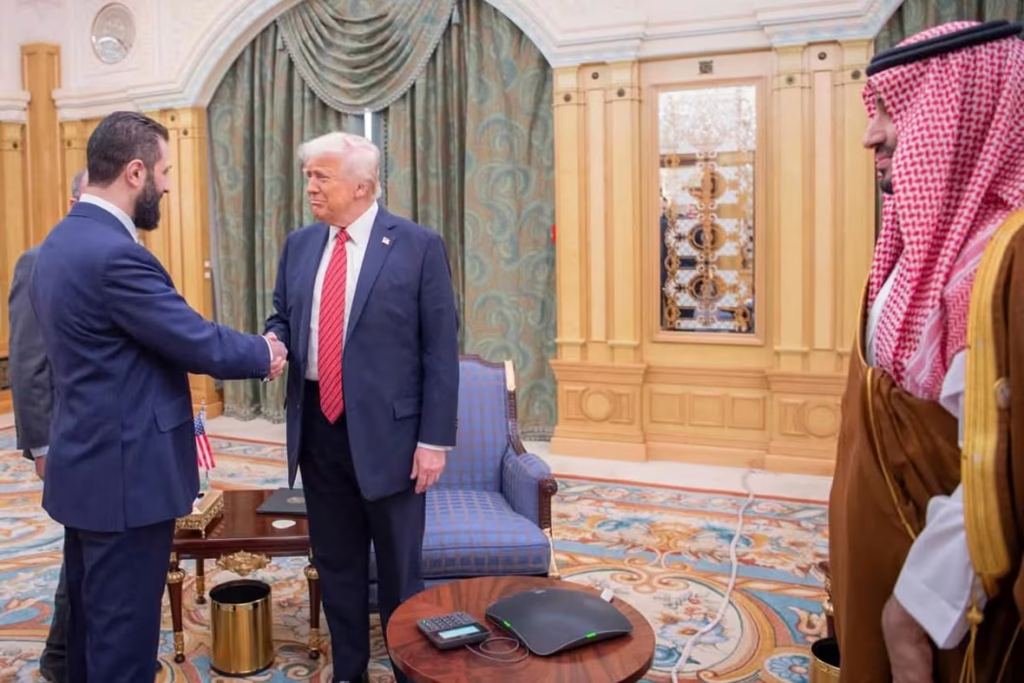In a move that has sent ripples through the global education community, the United States government has temporarily halted scheduling new student visa appointments for international students. This development comes amid rising discussions and internal planning around introducing mandatory social media screenings for foreign visa applicants a step that could reshape the visa approval process.
Why the U.S. Is Pausing Student Visa Appointments
According to internal sources and preliminary statements from consular officials, the U.S. State Department is re-evaluating its visa vetting procedures in light of national security concerns. A key proposal under review involves the compulsory submission of social media handles used in the past five years, allowing federal agencies to examine applicants’ online activity more rigorously.
This sudden pause in student visa processing is seen as a precautionary measure while these new protocols are being discussed and possibly finalized.
The Impact on International Students
For thousands of international students, especially from countries like India, China, and Nigeria which account for a large share of F-1 visa holders this development brings uncertainty and stress. With academic sessions set to begin in Fall 2025, many students are left in limbo regarding their future plans.
Key concerns include:
- Delayed travel plans and academic schedules
- Financial losses due to non-refundable tuition fees and housing deposits
- Increased backlog in visa interview slots, which may lead to extended wait times even after resumption
What Is Social Media Screening?
The idea of social media screening is not entirely new. Since 2019, the U.S. government has been collecting social media identifiers from some visa applicants under its Enhanced Vetting Program. However, the current discussion hints at expanding this to all student visa applicants, regardless of their country of origin or academic discipline.
This would likely involve:
- Reviewing Facebook, Instagram, Twitter, and TikTok activity
- Analyzing posts, comments, and interactions for potential red flags
- Using AI and machine learning algorithms for content scanning
Legal and Ethical Concerns
Immigration and human rights lawyers have raised legal and privacy-related issues about this move. Critics argue that social media screening could:
- Violate freedom of expression and privacy rights
- Lead to biased interpretations of posts taken out of context
- Create unjust barriers for legitimate students seeking education in the U.S.
On the other hand, proponents claim it is a necessary safeguard to ensure that individuals with extremist views or harmful intent are not granted entry.
Universities React
Several U.S. universities and international education organizations have expressed concern over this policy shift. The Institute of International Education (IIE) noted that foreign students contribute over $40 billion annually to the U.S. economy and bring valuable global perspectives to American campuses.
A representative from a leading Ivy League institution stated:
“While national security is vital, we must ensure that the U.S. remains a welcoming destination for global talent.”
What Students Should Do Now
If you’re a student planning to apply for a U.S. visa, here are some recommended steps:
- Pause any travel arrangements until official updates are provided by U.S. embassies.
- Audit your social media accounts to remove potentially sensitive or misinterpretable content.
- Stay informed through the U.S. State Department’s official website and updates from your university’s international office.
- Have a backup plan—such as applying to universities in Canada, Australia, or the U.K in case the delays are prolonged.
What Happens Next?
While the U.S. has not given an official timeline for resuming student visa appointments, experts suggest that a decision could be announced in the coming weeks. In the meantime, education consultants, legal experts, and university officials are urging the government to provide clarity and streamline the visa process without compromising on fairness or transparency.
Conclusion
The temporary freeze on U.S. student visa appointments and the proposed social media screening has raised significant questions about freedom, security, and international mobility. As the U.S. government weighs its options, millions of aspiring students worldwide wait anxiously for clarity on their academic futures.


